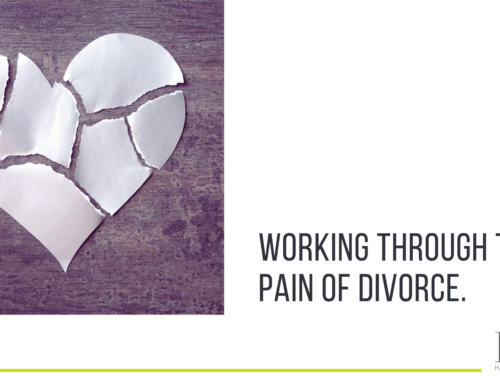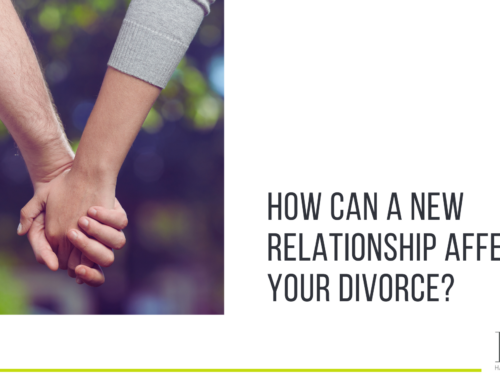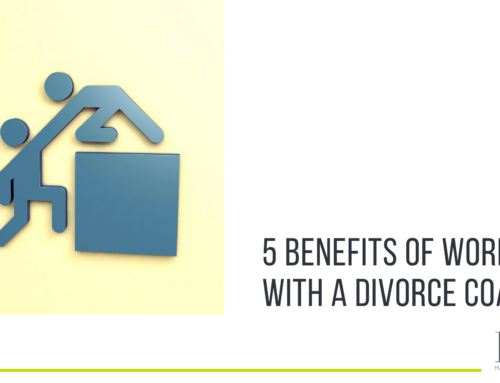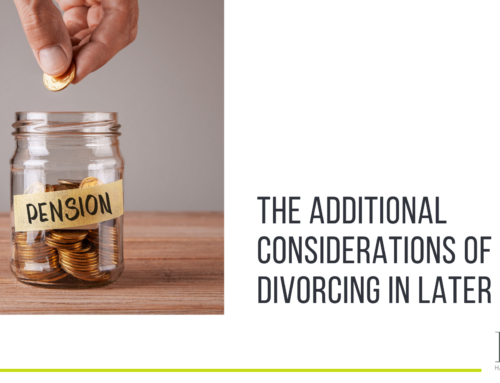When a couple decides to divorce, the division of the assets and finances poses plenty of questions. What will happen to the family home? Where does the law stand with regard to pensions? And what happens to any gifts that were given to one another throughout the marriage and in happier times?
Engagement rings, family heirlooms and other sentimental items – these can all be contentious subjects for couples navigating their way through a separation. Here we’re taking a closer look at what happens to gifts during a divorce.
Engagement rings
You’ve fallen in love. You’ve made or accepted a proposal of marriage and said ‘I do’. But somewhere along the line, things didn’t quite go according to plan. You decide to separate, but who gets to keep the engagement ring? In most circumstances, the engagement ring is presumed to be an absolute gift to the receiver. This means they’re not obliged to return it if the marriage ends or doesn’t go ahead as planned.
However, some engagement rings are given under the condition that it will be returned in the event that the marriage ends. For example, if the ring is a family heirloom. However, that’s not to say that the receiver will return it willingly. If the request to return the ring is contested, the original owner will have to prove the ring was given on the condition that it would be returned.
Valuable or sentimental belongings
When trying to come to an agreement about the finances during a divorce, all belongings over £500 in value must be disclosed. Items could include jewellery, cars, electrical times etc. This is because items that exceed this amount can be seen as a financial resource for one or other of the parties to use in order to meet their needs.
Most of the time, the court doesn’t give much consideration to personal items when making the final settlement, because the other assets are usually substantial enough for each person to live. However, it’s worth bearing this in mind if you have a number of valuable items in your possession, these can be taken into account.
General Gifts – to each other
Much like engagement rings, the general rule is that if you give someone a gift, you can’t ask for it back unless the gift was given under a specific condition (for example, they have to return the gift if the relationship ends).
In some cases, the original owner may argue that the item was never intended to be a gift, so it still belongs to them. These cases are fairly uncommon, but in the event that they arise, it will have to be proven that the original owner never intended for it to be a gift.
General gifts – from relatives
Unless specified otherwise, gifts from the friends and family of one spouse are assumed to be gifts to that individual spouse, rather than a joint gift. So in theory, that spouse is the one to keep it in the event of the divorce. However, it’s not always that straightforward, especially when the gifts given are cash or other valuable assets e.g shares in a company, property.
If you are receiving a substantial gift from your family, you might be advised to put some money/shares/property in your spouse’s name for tax efficient planning. However, would you want them to keep that if you separated?
As such, it’s a substantial gift, it’s absolutely vital that you seek independent legal advice about protecting your financial position prior to/upon receipt of such gifts.
Heirlooms
For many clients, heirlooms hold a lot of sentimental value. As a result, in some circumstances they can be treated differently to other valuable items in a financial settlement.
Because the very nature of heirlooms means that they’re intended to be passed down the generations, the court may view them as an inheritance to be retained by the relevant spouse. However, if the heirloom needs to be sold to meet a client’s financial needs, its value may have to be divided between the two parties.
In most cases…
It’s important to note that when it comes to personal belongings and gifts, each case will have to be decided on its individual merit. Disputes are often very difficult to prove, especially when it comes to whether or not the item was originally intended to be a gift.
If you find that you’re having ongoing disputes about certain personal items, it never hurts to take a step back. Evaluate the significance of these items in the context of the whole case, especially if they’re not financially valuable. Could you replace them? That way, the financial settlement can be made as quickly and seamlessly as possible.
Need more advice?
At Harrogate Family Law, it’s our job to make your legal journey as stress-free as possible. If you have any questions with regards to your personal belongings or gifts on divorce, get in touch with us today.






